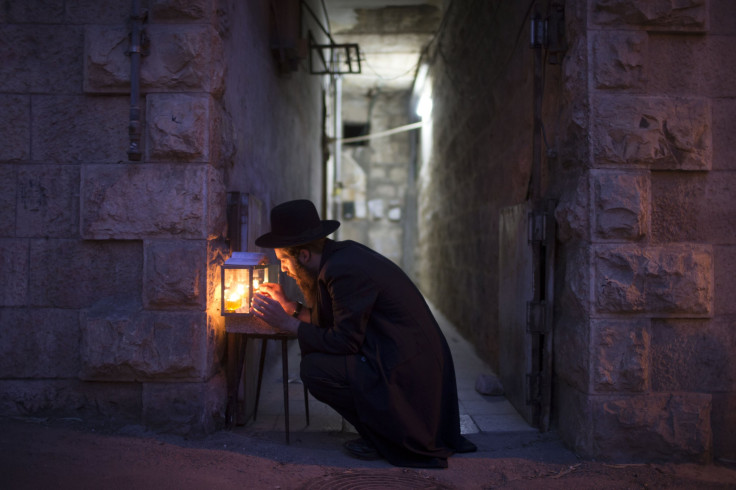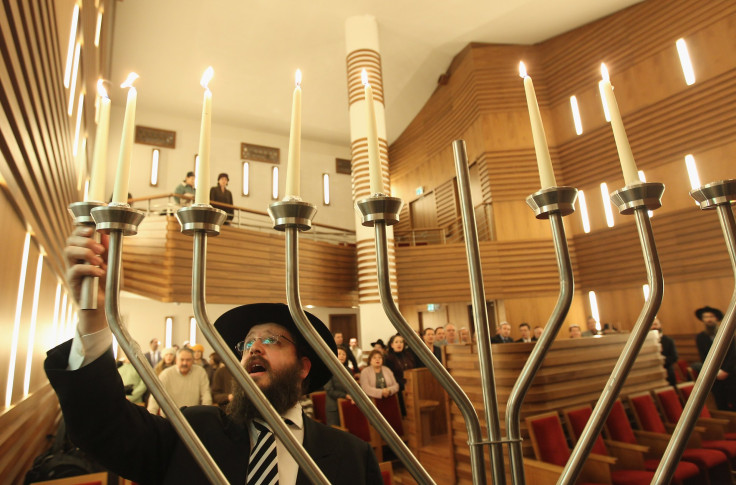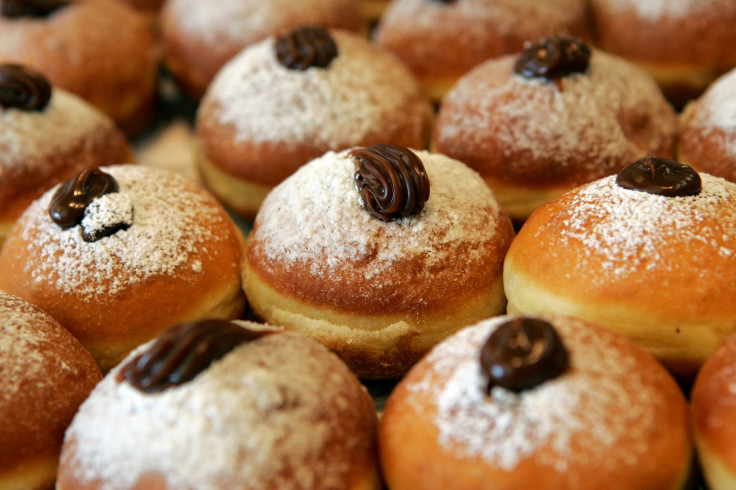Hanukkah 2018: When Does Jewish Holiday Start, How To Celebrate?

The Jewish festival of Hanukkah will start on Sunday, Dec. 2, and end on Monday, Dec. 10, this year – an eight-day holiday that begins on the 25th of Kislev on the Hebrew calendar and usually occurs in November or December.
Hanukkah is a holiday that signifies “praise and thanksgiving” and is meant to commemorate overthrow of the Syrian Greeks and the rededication of the Holy Temple in Jerusalem after the Maccabean Jews’ successful uprising against the Hellenistic Seleucid Empire in the 2nd century B.C.
During the rededication of the temple, the Jews found they only had a single cruse of oil that would typically last a single day. However, when they lit the “menorah” or the candelabrum, the light lasted for eight days, giving birth to the traditional eight-branched candelabrum, now known as the Hanukkah menorah, My Jewish Learning reported.
In the present times, light is used in the celebrations of Hanukkah as a metaphor for spiritual freedom. Traditions like the lighting of the menorah, singing special holiday songs, playing games and consuming Jewish delicacies are in vogue.
Hanukkah menorah
In order to keep the essence of the Hanukkah miracle alive, the eight-branched candelabrum is fitted with candles or tiny oil cups with floating wicks and the one candle after the next is lit each night for eight consecutive nights to symbolize "lo moridim ba-kodesh" (one does not decrease in holiness). A ninth candle may be placed in the middle of the menorah, a little higher or lower than the rest, known as the Shamash.
The menorah may be placed near a window or a doorway, where the candles can be seen from outside. The candles, lit after sunset, are traditionally supposed to burn at least till half an hour after nightfall.

Hanukkah blessings
There are two prayers uttered before the menorah is lit, which affirm the commandment and recall the Hanukkah miracle. An additional blessing is sometimes said on the first night, called the “Shehechiyanu” which thank the God for enabling one to be alive for the celebration. The following are English translations of the three prayers or blessings:
“Blessed are You, Lord our G ‑ d, King of the universe, who has sanctified us with His commandments, and commanded us to kindle the Chanukah light.”
“Blessed are You, Lord our G ‑ d, King of the universe, who performed miracles for our forefathers in those days, at this time.”
“Blessed are You, Lord our G ‑ d, King of the universe, who has granted us life, sustained us, and enabled us to reach this occasion.”
Hanukkah delicacies
The Ashkenazi Jews traditionally celebrate the festival with potato latkes (pancakes), while the Sephardic Jews prefer sufganiyot (jelly donuts) on the occasion. A grace or prayer is spoken after the meal, known as “Birkat Hamazon” and a silent prayer called “Amidah” might also be offered on the occasion.

Hanukkah games
Dreidel, a four-sided spinning top, is used to play a gambling game during Hanukkah. Hebrew letters — nun, gimel, hey, and shin — adorn the sides of the dreidel, meant to spell out the words “nes gadol hayah sham,” meaning “a great miracle happened there.”
© Copyright IBTimes 2025. All rights reserved.






















